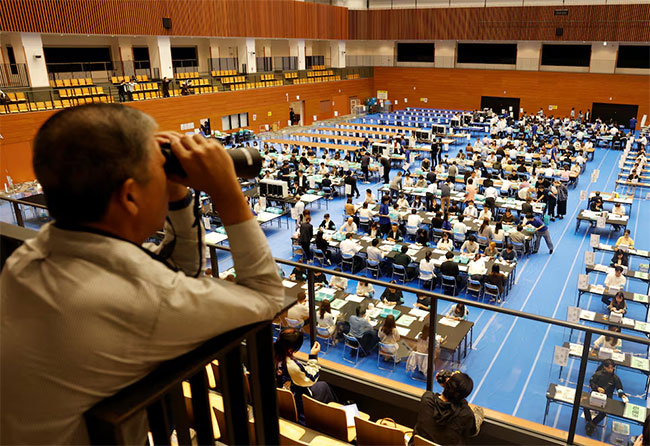Japan’s political landscape shifted significantly on Monday as voters expressed discontent with Prime Minister Shigeru Ishiba’s scandal-ridden ruling coalition, leaving no party with a clear mandate. The Liberal Democratic Party (LDP) and its junior partner Komeito secured only 215 seats in the lower house, a drop from 279, largely due to a funding scandal and rising living costs. The main opposition, the Constitutional Democratic Party of Japan (CDPJ), increased its seats to 148 but fell short of a majority.
With a constitutionally mandated 30 days to form a new government, uncertainty looms over Ishiba’s future after taking office less than a month ago. Smaller parties like the Democratic Party for the People (DPP) and the Japan Innovation Party gained seats and could play pivotal roles in negotiations.
Despite Ishiba’s earlier popularity, his leadership faced backlash for mishandling a donation scandal. Analysts predict he may struggle to remain in power or lead a new government. Meanwhile, Japan’s business lobby hopes for a stable government to address economic challenges. Notably, a record 73 women were elected to parliament, marking progress in gender representation.




